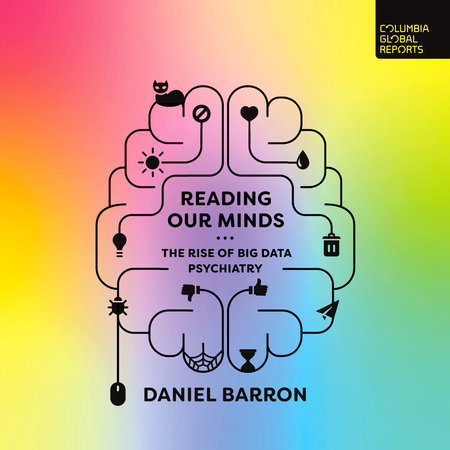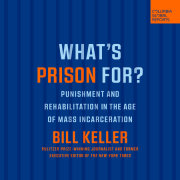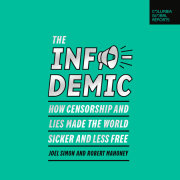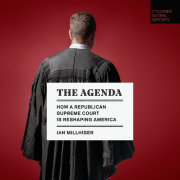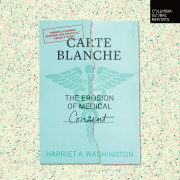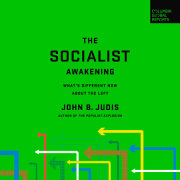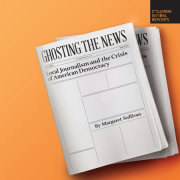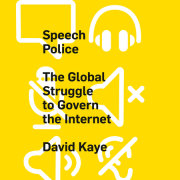What is Psychiatry and How Can We Improve It?
In the last hundred years, most of the medical sciences have progressed in immense and unforeseeable ways―except for psychiatry, which has somehow remained immune to this progress. Daniel Barron, a psychiatrist who trained at the Yale School of Medicine, asks an important question: What’s holding psychiatry back?
Reading Our Minds takes us to a psychiatric hospital, where Barron evaluates a young woman with psychosis, and shows how his exam is limited by his own ability to ask questions and observe, and by his patient’s ability to sense, interpret, and report her experience. Barron shows why psychiatry must move beyond conversation―and how sensors, measurements, and algorithms might progress psychiatric practice. At once pioneering and engaging, Reading Our Minds introduces readers to the Big Data technologies that might revolutionize the way we evaluate, diagnose, and treat mental illness and bring psychiatry firmly into the fold of 21st-century medical science.
Creative Commons cover icons all courtesy of The Noun Project: Bug ©Graphic Enginer, ID; Cat © REVA, ID; Cobweb © AomAm, TH; Do Not Enter © MarkieAnn Packer, US; Drop © Eric Bergholz, DE; Garbage © Alice Design; Heart © Barracuda; Light Bulb © Noun Project, US; Like © alifrio, ID; Mouse © iconsphere; Paper Airplane © Andrew Sloan, US; Sun © ismail abdurrasyid, ID; Time © Vladimir Belochkin, US

